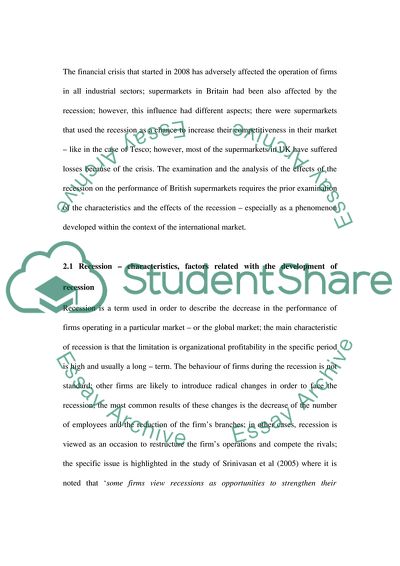Cite this document
(How Supermarkets in the UK Have Coped with the Recession Case Study, n.d.)
How Supermarkets in the UK Have Coped with the Recession Case Study. Retrieved from https://studentshare.org/marketing/1736062-how-supermarkets-in-the-uk-have-coped-with-the-recession
How Supermarkets in the UK Have Coped with the Recession Case Study. Retrieved from https://studentshare.org/marketing/1736062-how-supermarkets-in-the-uk-have-coped-with-the-recession
(How Supermarkets in the UK Have Coped With the Recession Case Study)
How Supermarkets in the UK Have Coped With the Recession Case Study. https://studentshare.org/marketing/1736062-how-supermarkets-in-the-uk-have-coped-with-the-recession.
How Supermarkets in the UK Have Coped With the Recession Case Study. https://studentshare.org/marketing/1736062-how-supermarkets-in-the-uk-have-coped-with-the-recession.
“How Supermarkets in the UK Have Coped With the Recession Case Study”. https://studentshare.org/marketing/1736062-how-supermarkets-in-the-uk-have-coped-with-the-recession.


